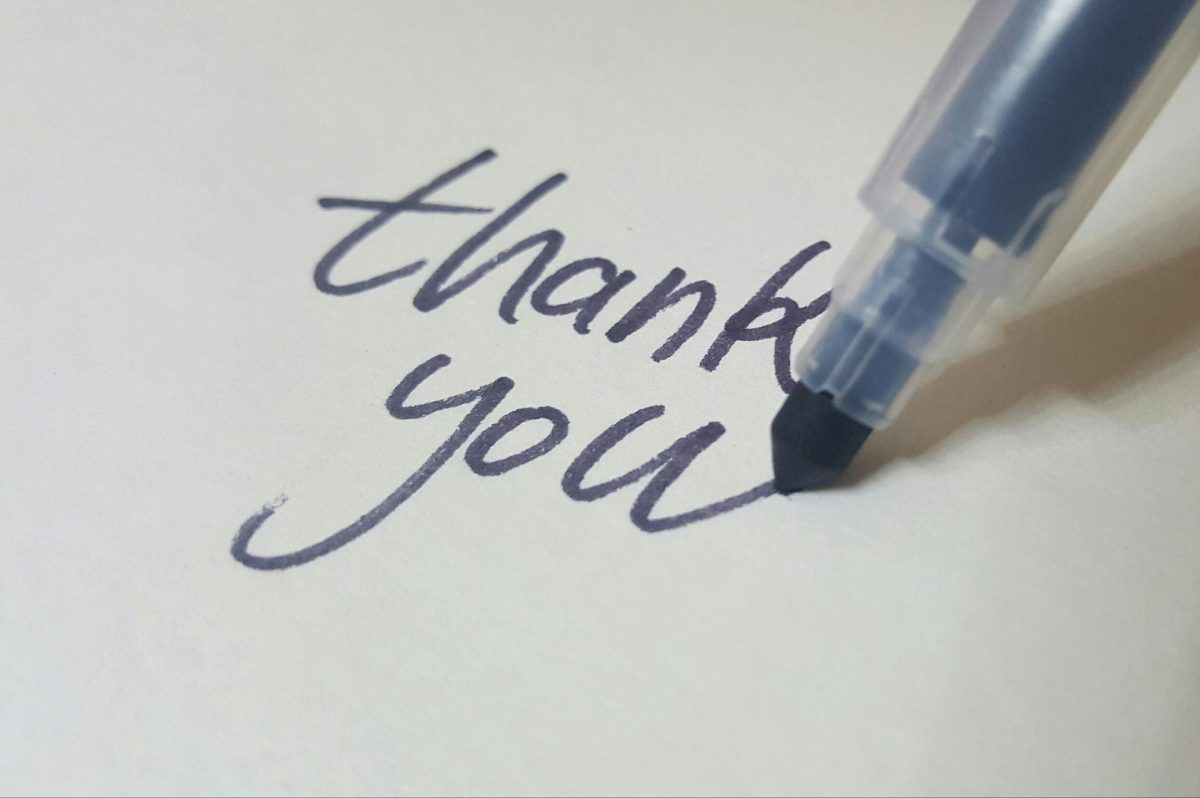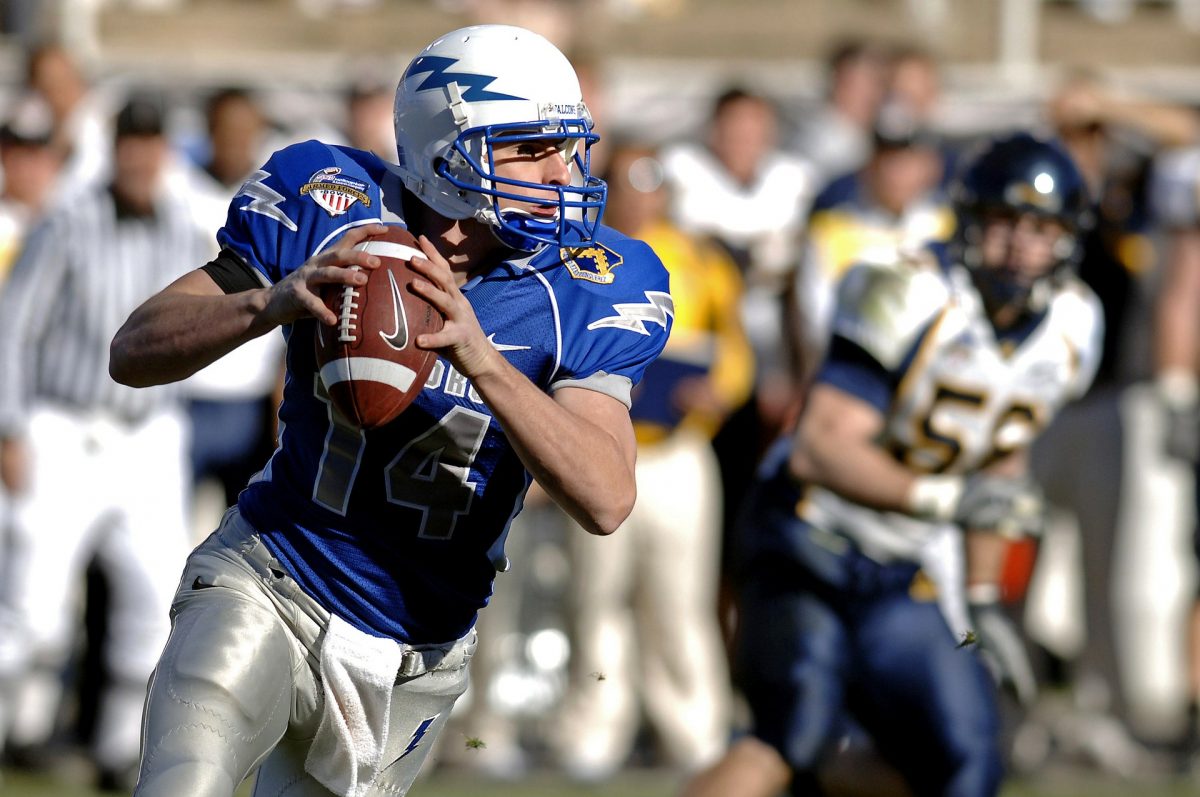I believe that the topic of winning is one that’s rare and special enough that you just can’t write enough about it. Today’s theme, as the title of this blog post implies, relates to the wise saying “lose the battle win the war.” I’ve found that very few successes in life, at least for me, have come without hard work and, in most cases, also rebounding from a loss or a setback.
In a previous blog entry, which I called “What Is the Definition of Winning in a Cancer Battle?,” I wrote about what it means to win from the perspective of legendary Green Bay Packers head football coach Vince Lombardi. That’s definitely worth reading. But today we’re taking a different perspective.
Winning, According to Aerosmith
As you know, my love of music often leads me to quoting song lyrics as a way to convey important life messages.
In Know Your Enemy, the 1st edition, Chapter 9 (titled “Winning Is A Mindset”) I articulated a perspective on winning that ties into the following verse from Aerosmith’s classic song, Dream on. It has one of my favorite rock song phrases of all time.
Yeah, I know nobody knows
Where it comes and where it goes
I know it’s everybody’s sin
You’ve got to lose to know how to win.
Do you get where I’m going with this?
Winning the Cancer Battle
To me, those lyrics put into words what I took away from both encounters with cancer; that you’ve got to lose —or give up the sense of being in control or controlling the treatment outcome — to know how to prepare yourself to win your battle against this enemy.
During the early stages of fighting cancer, many people will begin to feel — and maybe even believe — that they are in the driver’s seat when it comes to effectively managing their cancer treatment. Chances are they are not.
There very well may come a time in this journey when no matter how much spirit you bring to the battle, the tables will turn and the feelings will become one of helplessness or vulnerability. It’s equivalent to someone grabbing the steering wheel while the car is still going down the road.
The Aerosmith lyrics I quoted describe
this sensation; that is, one of losing your way and sliding back, then learning
how to release control.
Surviving the “Losing” Part of Lose the Battle, Win the War
And while I am using music and lyrics to emphasize the keys points about winning is this blog, I can’t think of a better anthem then Argent’s Hold Your Head Up to help pick you up through the difficult times in your cancer journey.
And if it’s bad
Don’t let it get you down, you can take it.
And if it hurts
Don’t let them see you cry, you can make it.
Hold your head up oh, hold your head up oh.
Hold your head up oh, Hold your head high.
Every successful journey includes minor setbacks along the way. My best advice to you, your loved one, or anyone you know who is fighting cancer is this: be prepared to have the steering wheel torn out of your hands at one point or another. That doesn’t mean you’ve lost. It just means you’ve hit a pothole. And once you’ve survived that, any future potholes seem a lot less scary.




